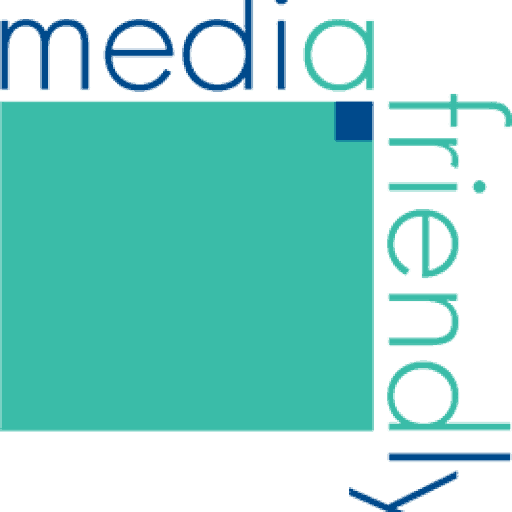The latest research on “Zoom Fatigue” from Stamford University in the US claims looking at yourself on screen is one of 4 reasons why people seem to get exhausted on Zoom calls and video conferences.
The other 3 reasons, according to Professor Jeremy Bailenson, of Stamford University’s “Virtual Human Interaction Lab”, are: excessive amounts of close-up eye contact, not moving around enough and a large increase in “cognitive load” during video chats – whatever that means.
It is certainly true that looking at your computer screen for over an hour is not considered healthy and regular, short breaks are advised. Whether we used to take the advice when office working was the norm is a moot point.
From a media training perspective, we already know that short, sharp sessions, with fewer participants work best. We build in regular, short breaks into each of our media interview skills training courses – to give the eyes a rest, but also to allow for quick glance at your phone to ensure nothing urgent has cropped up.
What seems to be new is the idea that looking at yourself on screen is itself exhausting – if you trust the research.
From more than twenty years of delivering face to face and remote media training courses, for television, radio, remote working and presentation skills, we know that a significant number of people do not like to see themselves on camera. Sometimes this is much more than simply being “camera shy”. So, “keeping the eyeline” with the audience (for maximum engagement) could pose a problem, since this means looking at the webcam, just above your own image. While there is no simple solution being aware that this can cause fatigue, certainly helps. It means that participants on training courses can now request regular breaks during training as well as during long meetings. In fact, we recommend that they flag this up the need for a quick break at any point during a media training course.
Health and Safety is just as important for remote training as it is for face to face events, or conventional office working.
What will probably happen over time is that, like in most things, we will simply adjust to change – and the “problem” will disappear, until the next shift in technology hits us.
This “Zoom Fatigue” research will continue to develop and we will continue to respond to it.
Book your online media interview skills training and presentation skills training with us. Media Friendly have been delivering training for more than twenty years. Our remote media training courses are shorter than face to face. That is because we like you enjoy your training and stay engaged throughout. We take three people on our half day course take three and a half hours, for one to one executive media coaching allow about two hours. All of our courses are fully tailored, so you will get exactly what you need from each course.
Call us now on 01628 474154 to discuss your tailored media training.
